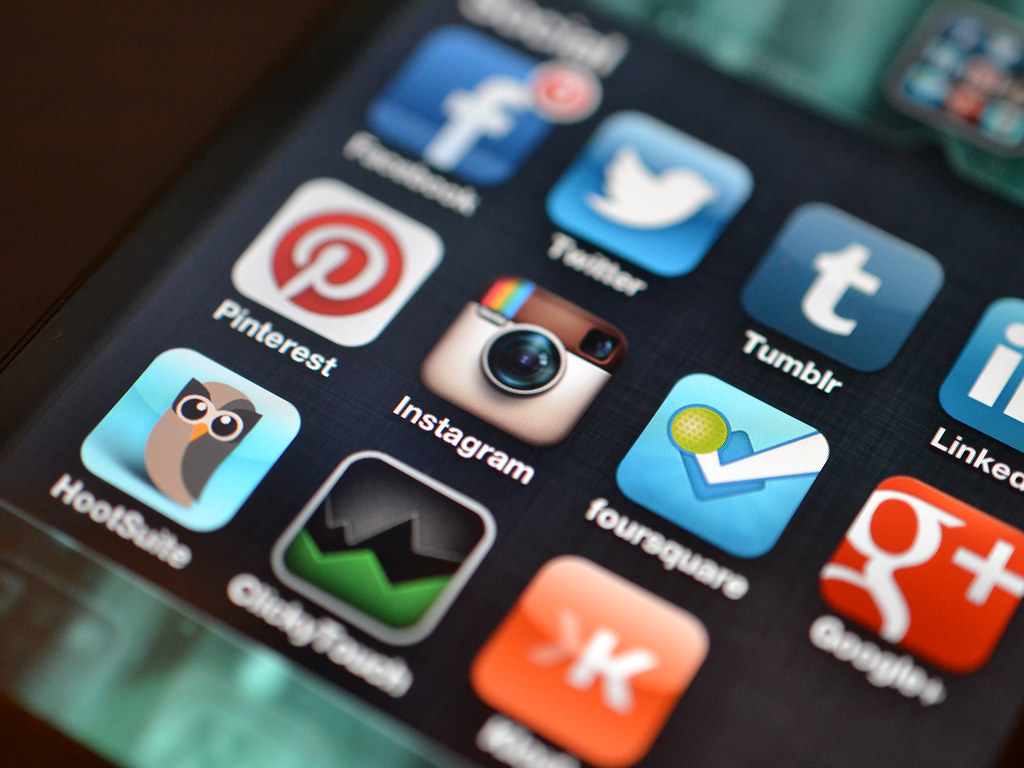How to use an app as a marketing channel
February 8, 2023
In this article, Kaius Meskanen founder and CEO of Choicely, looks into the ways in which apps can be used for marketing.
Practically everyone of us uses apps as consumers. But how many businesses actually have their own app, and use it in their marketing?
At the moment, those companies are among the biggest and richest.
This situation is changing fast thanks to no code app builders. App builders lower the cost of making an app, and speed up the time-to-market.
Today more companies have a realistic possibility of making an app. Because apps are a new channel for many of us, implementing one might feel scary. Even if the cost wouldn’t be an issue, one might still have questions about apps, like:
- How does my marketing benefit from an app?
- How would I use my app in practice?
- Is it a lot of extra work on top of everything else?
- Is it difficult to update and edit the app?
Let’s dig into these questions!
Reaching your own core audience in today’s marketing
Today, it is difficult to reach your own audience without paying extra money to advertising platforms.
Several years ago – around 2016 – social media algorithms started to become unwelcoming towards company pages, and links to external websites. It has been the case ever since. Now company pages only reach a certain percentage of their followers, unless you “boost” the posts by targeting ads to your own following.
How to reach your core audience then? Direct marketing channels aren’t a conclusive solution either. Email click rates are going down as inboxes tend to be already saturated with emails; according to MarketingCharts.com and Epsilon click rates dropped by 42% during the 2010’s in North America.
This is where mobile apps shine. You’ll get your push messages delivered with less competition: you don’t have to fight social media algorithms or crowded inboxes. You’ll reach your app users for free, with an unrivaled customer experience.
Not everyone downloads your app, but those who do are more likely to be your loyal customers and fans. With an app you can communicate with those who want to hear from you on a consistent basis.
What’s the role of a mobile app among your digital marketing channels
So, apps are the channel for superfans and loyal customers. Apps will help you give them premium treatment and a VIP pass to your content.
Use your app to centralize your content into one place:
- bring your website content to your app automatically – all content or the select ones.
- show your social media feed automatically in the app, or simply provide links to your social accounts.
- generate leads for email nurturing or sales campaigns.
- encourage customers to use the app in your physical location, using loyalty campaigns, offers or in-app purchases.
On top of these, you can create visual and interactive content where apps are at their best. Apps are somewhat comparable to direct marketing channels. The difference is that apps enable versatile means for two-way communication. You can interact with your audience by with features like reactions, commenting, voting, feedback collection, messaging, and so on.
This way, apps can become a centralized content and interaction hub among your core audience.
Apps have similar capabilities as the other channels. Still, the channels work best in tandem. Not all platforms serve the same function and get followed by the same people. Your fans usually find your brand through other channels. Thereafter, your app is an “upgrade” to the next level of the customer relationship.
Website vs. apps
Websites are usually seen as the biggest “competitor” for apps. Isn’t the website your content hub afterall? Well yes, that too. Here’s a comparison of websites and apps:
Websites
Your website is where you get found, especially through organic search. Usually your website ranks number one there – not an App Store or Google Play listing. If a person knows the name of your brand, it’s natural to look for the name on a search engine. Some might even type the full address on the browser address bar.
The website offers a decent landing page for all devices. Compared to apps, it has inferior user experience in a mobile setting. Mobile apps can be made pixel-perfect whereas there’s less control of the exact outcome with websites.
Apps
Apps are often important from a branding point of view – it’s the premium brands that tend to have an app. It shows you’ve gone the extra mile, you’ve made this platform that’s easy to use for your customers.
The user experience is great in apps. With apps it’s easier to reach your brand, find information and perform transactions with you.
Customers can buy more just because they love your app, and the functionalities it provides. Here’s a couple of our examples from our personal experiences as consumers:
- If a customer uses a clothing store app where they can mark down your favorite clothes easily, it already commits them to do more purchases later.
- If a customer prefers to use the same app to order takeaway, it’s cumbersome for them to switch restaurants or apps. They would rather keep on using the same app and explore the restaurants that are already there.
Apps also have great opportunities that other channels don’t. Apps have access to all the features of the mobile phone – like GPS, camera and flashlight. Those can be run from within the app to support its functionalities.


